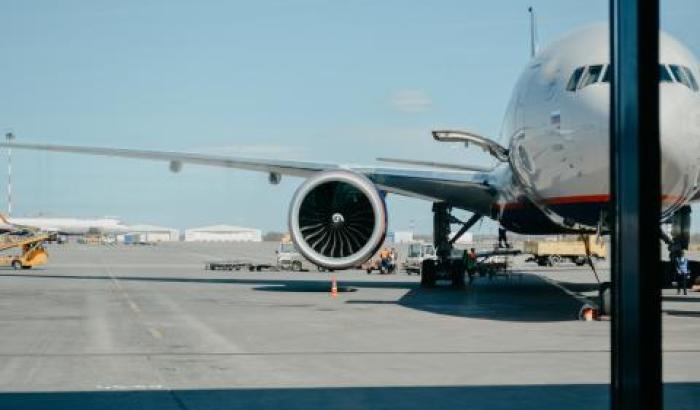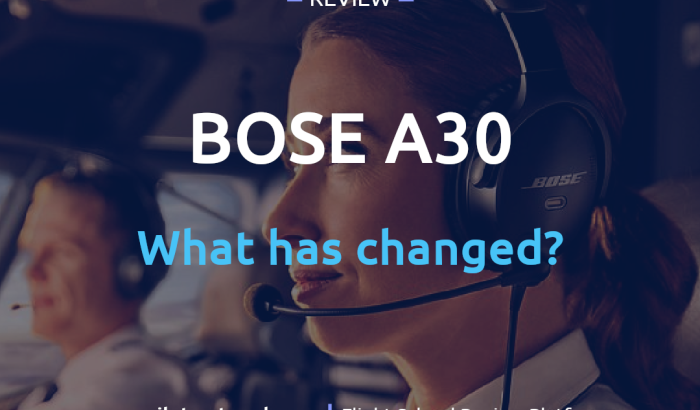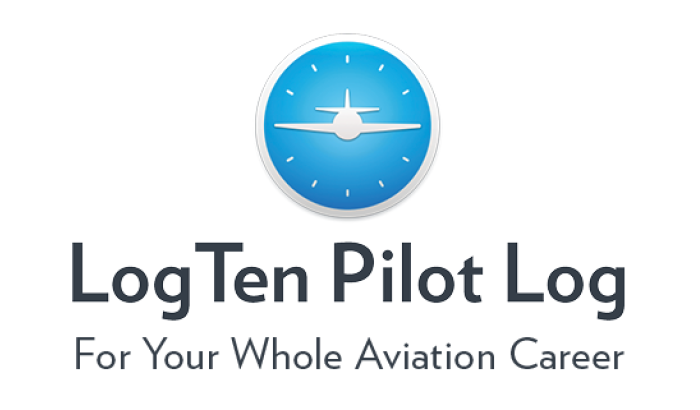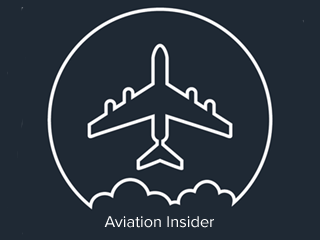
In this edition of Pilot Network Q&A, we are delighted to feature Andrew Lamarre, a 26 year old qualified A320 Commercial Pilot and Firefighter, who will share with us his aviation journey so far. Originally from Montpellier, South of France, Andrew graduated from modular flight training in the UK in 2019, before going on to secure an airline job just before the Covid-19 pandemic struck.
Andrew's story is one of resilience, determination and servitude to his country and why, in this industry, a backup plan is so crucial to fall back on.
How did you get into Aviation?
 My father was a helicopter pilot for the French search and rescue department. I can’t remember since when I’m fascinated by his job but I always wanted to be in his shoes. Very early, he brought me flying as he was also a flight instructor on an airplane. (In the past, he was flying the Cessna grand caravan linking the French Islands in the Caribbean. He was lucky to do the amazing steep approach in St Barth!)
My father was a helicopter pilot for the French search and rescue department. I can’t remember since when I’m fascinated by his job but I always wanted to be in his shoes. Very early, he brought me flying as he was also a flight instructor on an airplane. (In the past, he was flying the Cessna grand caravan linking the French Islands in the Caribbean. He was lucky to do the amazing steep approach in St Barth!)
Also, I was living near the Montpellier airport so every time I was seeing an airplane or a helicopter, I was trying to find them in my books and learn more about them.
Facing this passion, my parents brought me to a lot of air shows like the one in the French air force base in Orange or the mythic Bourget Airshow.
How did you manage to get your Pilot Licesne?

My big sister also did pilot training and from her experience I realized that I needed a lot of money to pay for it.
So, after a university degree in safety and environment management, I worked 3 years for the national electricity provider EDF, as Safety adviser in a nuclear power plant. In parallel, I worked as a volunteer firefighter in my local fire station.
At the same time, I did my PPL in Lyon. It was already a tough period as I had at that time almost 3 full time activities however it wasn’t a loss of time as once I got my license and enough money to get a loan, I went to the UK to do my advanced training.
I conducted my ATPL and CPL ME IR with FTA Global in Brighton and my APS MCC with VA Airline Training in Cambridge. I would have loved to have a website like Pilot Network to get feedback from students to help me with my decision making. 
I wanted to do my pilot training in the UK because my English level was low and I needed to improve it to pass the airline assessments.
Working for the ATPL in a new language was very very hard but with a lot of work and dedication I managed to finish my ATPL in 6 months.
To be fair to you, I partial-passed both CPL and IR exams. Life is not always perfect. I had some failures but I always tried hard to work through them to improve myself, as this shows resilience - a trait that is imperative in this industry.
So what's happened after your APS-MCC?
To follow my father’s path and also because I always wanted to share my passion, I did my FI rating in Perpignan with Aerofutur in France next to the Pyrenees. It was amazing to fly the PA18 in the mountains close to the ground … unforgettable memories.
During the FI training, I was invited by Ryanair to do the assessment for their sister company Lauda.
The day after the assessment, I received maybe the best call of my life saying that I was accepted as FO and that I will start the training next week! Everything went very fast! 3 months later, I was flying the amazing A320 to do my base training!
Unfortunately, the Covid 19 crisis started to destroy the industry and I lost my job after the base training. In my bad luck I managed to validate my A320 Type rating.
How did you manage the covid 19 crisis?
In France, the firefighters were very involved in bringing infected people to the ICU. So, once I was back in France, I continued my duty to help my country.
I identified two ways to manage the crisis:
The first one was to continue to fly. As I already had my FI rating, I went to my local flight club to teach for free how to fly. I had 4 students from 16 to 38 years old

Because of that, I really learned a lot, improved my flying skills and finally lived an amazing experience by giving my best to share my passion.
Also, I kept all my rating current ready to get back in the cockpit.
The second one was to develop other skills related to the pilot job and earn money at the same time to pay back my loan.
So, I decided to do an apprenticeship with Safran Helicopter Engines in their maintenance center as Safety and Environment Officer and in partnership with the University of Montpellier.
As we learn during pilot training, keeping the highest safety standard is the most important task for a pilot. My previous experience as Safety adviser in the nuclear industry helped me during my flights to always get this aim in sight.
Also, aviation is experiencing the most important revolution in terms of the environment. The manufacturers are spending all their energy to reduce their impact on the planet.
From that conclusion, working for the 3rd biggest company in the aviation industry as Safety and Environment officer came to me as appropriate and a good decision.
Today, I am glad to learn, fly and earn money thanks to aviation.
What do you expect for the future?
 For the moment I will continue to be an FI and work as a Safety Officer.That allows me to be financially independent. It can be frustrating but I am okay to wait patiently to see an improvement in the aviation market.
For the moment I will continue to be an FI and work as a Safety Officer.That allows me to be financially independent. It can be frustrating but I am okay to wait patiently to see an improvement in the aviation market.
At the same time, I would like to create a podcast to discuss aviation with professionals and also non-professional of the industry (pilot, engineer, cabin crew, traveler, etc.)
Once the virus will be an old story, I will prepare the airline assessment to get the cockpit seat back as soon as possible. It’s my priority.
This experience taught me that it’s important to have a backup plan. (We say it a lot already during the pilot training)
So, I will continue to keep my knowledge in safety because I am very interested in getting a position of Flight Safety Officer in an airline.
Also, I will continue to teach PPL in my local flight club. I want to give back what I received during the difficult times. (and I love teaching flying!)
What do you recommend for people who want to start Pilot Training?
Have a strong backup plan before you start your pilot training. Firstly, you never know what can happen. You may lose your medical, lose your job (I didn’t expect covid) etc. Also, it will show your seriousness to the airline when you will do the assessment as finally, we all have the “same” licence but what will make the difference will be your life experience. Try to develop the skills which are linked with the ones attributed to pilots.
Try to get feedback from schools and pick the one who seems to be the best for you. Put the standards, the time to do training, the first language and the price in the balance. Act like a pilot and make a flight plan. Now, you have Pilot Network to help you in this task.
Also, be a good person. You may need the help from someone who you didn’t expect. So, help your community and serve as much as you can.
To finish, WORK HARD but with passion. Keep your dream in sight.
I would also like to take this opportunity to say thank you to my parents, my girlfriend, my family and my friends for their support. They were present in the good but also in the bad times. Thanks to my students who gave me their confidence and decided to become pilots with me.
Thank you for speaking with us Andrew, it's been an absolute pleasure hearing about your journey. Pilot Network would like to wish you all the best for the future and we are certain you’ll be back flying very soon!
If you would like to contact Andrew, please feel free to get in touch directly at:
Email: andrew.lamarre@yahoo.com
Linkedin: https://www.linkedin.com/in/andrewlamarre
Thank you for reading,
The Pilot Network Team










